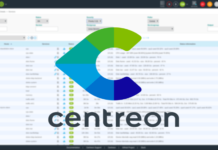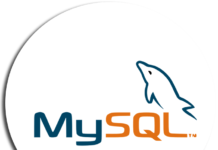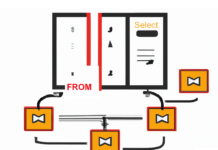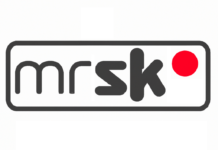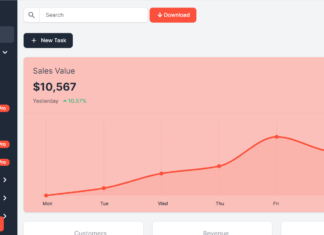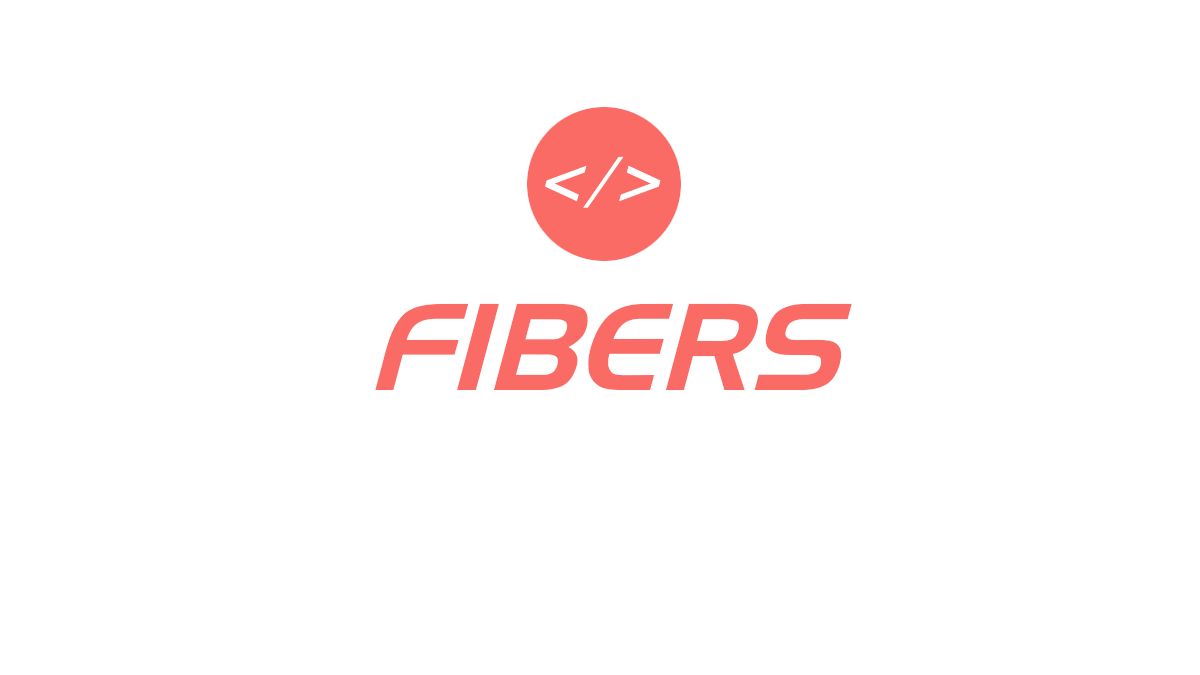If you are used to work with revision control tools such as Git, CVS or Subversion, you might be interested to Mercurial, a lightweight revision control solution, easy to learn and use, scales excellently and easily customizable. I was using CVS, then migrated to SVN during the last years, and really noticed the difference between the two solutions. But there are many missing features in SVN, for example to track merges between branches in history, resolve conflicts, …etc. In Mercurial you can easily import revision history from a Subversion repository as well from CVS, Git and Darcs, so you can test and see yourself the performance before to decide to switch. This have been said, SVN remain better if you are working with binary files.

Another advantage in Mercurial is its documentation and built-in help. You will find yourself quickly very friendly with “hg” commands, to clone, commit, push, pull, update, … etc over a local repository or a network. Major features of Mercurial include :
Fast
- Extremely high-performance delta-compressed storage scheme
- Optimized for disk layout and access efficiency
- Complete cross-indexing of files and changesets
- Bandwidth and CPU efficient HTTP and SSH sync protocols
Scalable
- Distributed development model supports unlimited numbers of developers
- Allows arbitrary merging between developer branches
- Doesn’t significantly degrade with large numbers of files or changesets
- No waiting for locks!
Robust
- SHA1 integrity checking on repository data
- Append-only storage model with transaction journalling
- Fast full-repository verification
- Convenient backup
Easy to use
- Most commands are familiar to users of CVS and other systems
- Built-in command help
- Integrated stand-alone web interface (example)
- Works with various GUI tools
Easy to adopt
- Runs on UNIX, MacOS X, and Windows
- Conversion tools available for many popular SCMs
- Allows a variety of usage models
- Supports user-defined hooks and extensions
Free
- Source code available under the GPL license
- Actively community supported and developed
More information and download http://www.selenic.com/mercurial/wiki/









